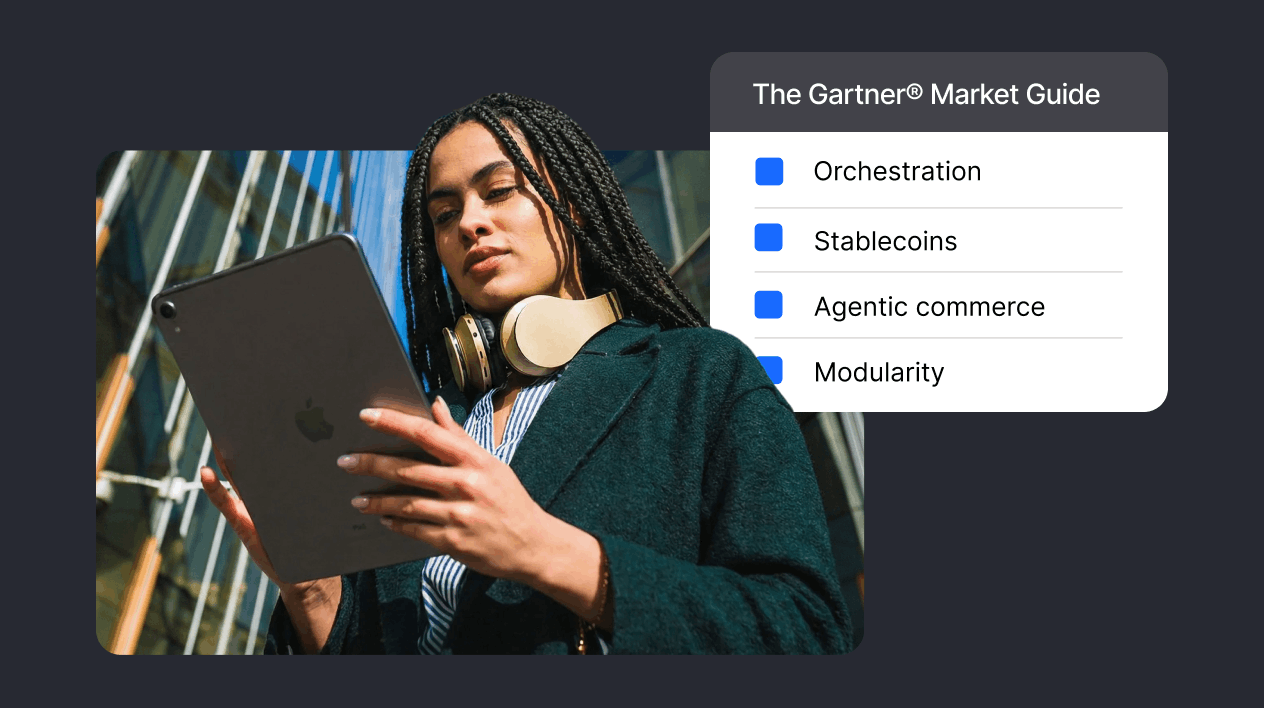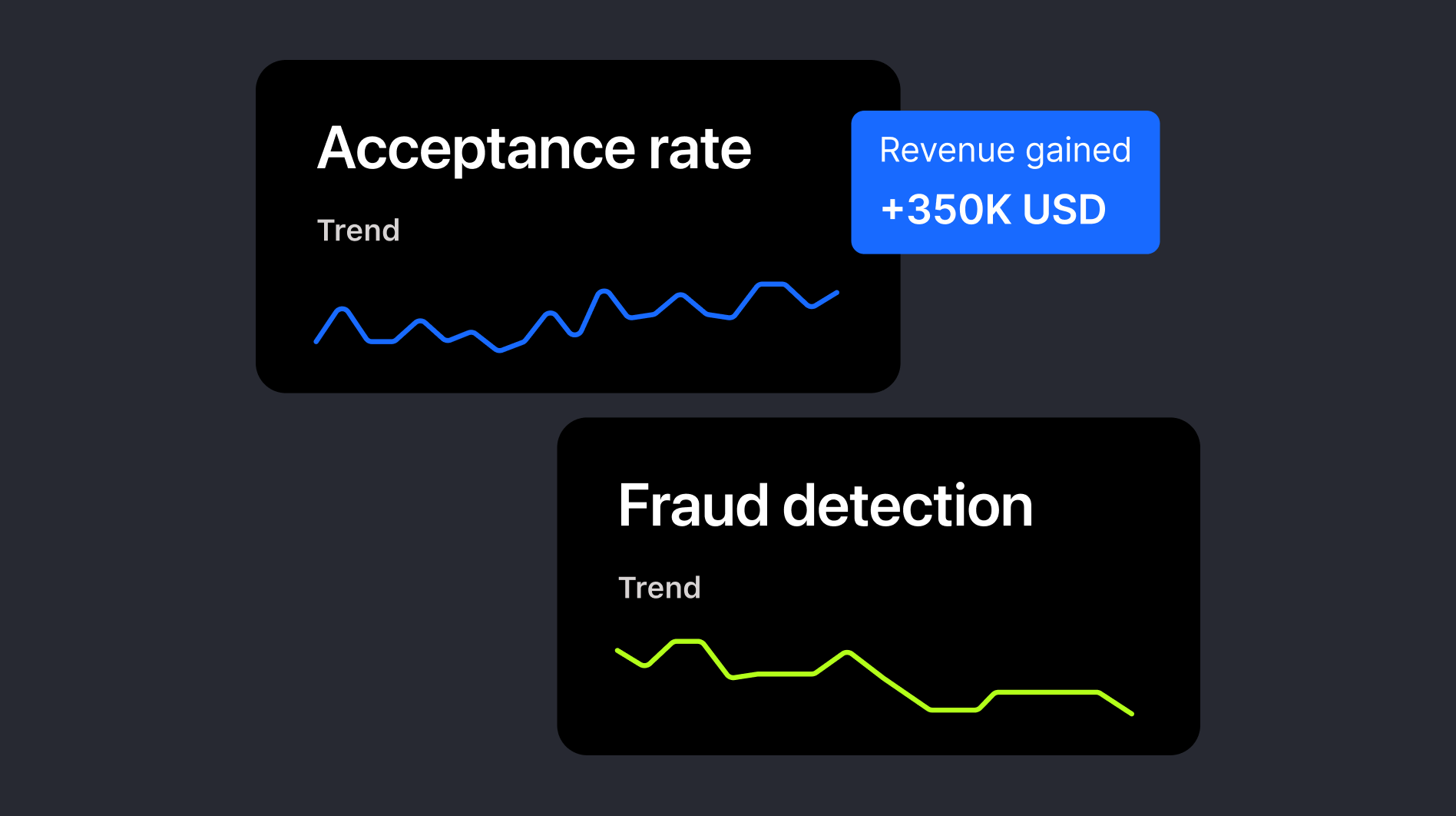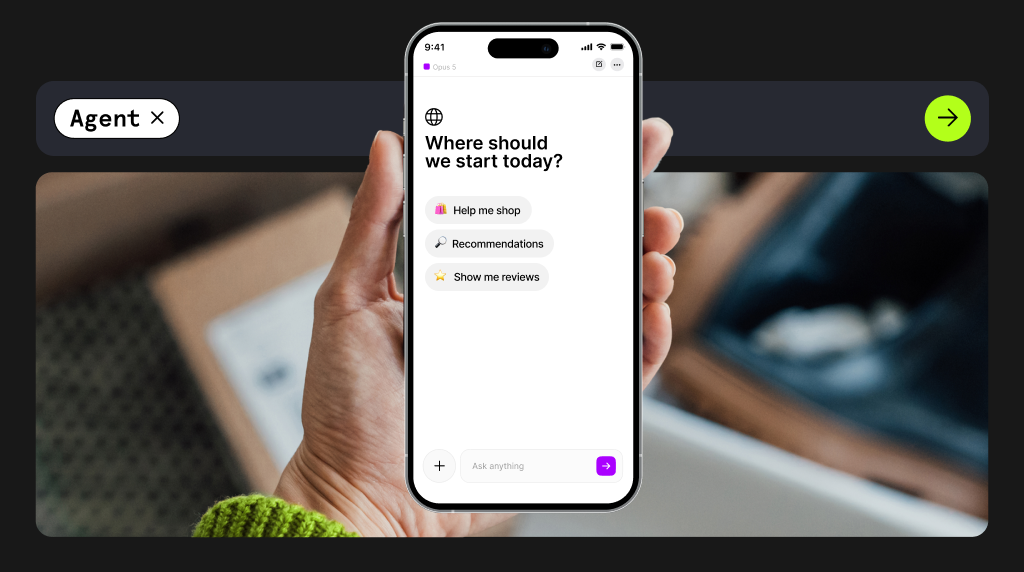Payments can seem like a complex and confusing space. If you’re a merchant that takes credit card payments online, you’re likely to face a barrage of new information and unfamiliar terminology.
Even after spending a lot of time researching the various options, you may be left feeling perplexed and overwhelmed. And none the wiser about the best way forward especially when it comes to merchant accounts and payment gateways. And you’re not alone.
What is a merchant account?
A merchant account is a type of bank account that allows you to accept online and electronic transactions such as debit and credit card payments.
Unlike a conventional business bank account, a merchant account is not used for everyday payments, deposits and withdrawals. Instead, your merchant account acts as a holding pen for funds once they have been deducted from the customer’s account but before they have been settled in your business account.
This provides time for the customer details to be verified and the payment to be authorized by the issuing bank. Once approved, the merchant account provider sends the funds to your business bank account, minus any fees.
Who needs a merchant account?
All businesses that want to accept electronic payments need a merchant account. These days, an ever larger portion of global commerce is conducted online, so accepting electronic payments can be essential if you want to remain competitive and expand your customer base.
However, you don’t necessarily need to open an independent merchant account. Some payment processors integrate merchant account functionality into their services. They do this by managing the relationship with the merchant account provider on your behalf, which can save you a lot of time and effort.
What is a payment gateway?
A payment gateway acts as an intermediary between your bank and your customer’s bank. It captures, encrypts, and securely transmits the payment details to the issuing bank for verification. Once verified, the payment gateway relays the authorization back to the business so that they can complete the transaction.
As well as online payments, payment gateways can also be used to take payments over the phone and for in-person payment without the need for a full POS setup.
Payment gateways also provide additional services to their merchants, such as fraud detection and international payment support.
Who needs a payment gateway?
Any business that wants to sell online will need a payment gateway as well as a merchant account.
By acting as a secure bridge between your bank and your customer’s bank, payment gateways allow you to accept online transactions with confidence, growing your business while preventing fraud.
However, in order to function, payment gateways must be integrated with a payment processor.
What’s the difference between a merchant account and a payment gateway?
This is a question that is asked by a lot of merchants. Here’s a quick summary that helps to explain:
Do I need a merchant account, payment gateway or both?
To accept online card payments you need both. A payment gateway so your business can collect card data, and a merchant account to receive the funds.
You must have a business license to hold a merchant account, and set-up and operational fees will depend on your business, transaction volumes and risk. However, there are modern payment service providers or payment facilitators—sometimes called payfacs—that allow businesses to access the functionality of a merchant account without having to open one of their own.
Checkout.com can help businesses get setup to accept online payments quickly and easily with our all-in-one solution. To learn more about how we can help your business visit our payment processing solutions page.
Why you need a merchant account
Most customers expect to be able to use a card to pay at your online checkout so not having this facility will seriously impact your bottom line.
Merchant accounts hold funds processed by your payment processor. ,Once funds are received, they then deposit the remaining earnings from the sale into your bank account, minus a small processing fee.
Steps are put in place during the payment process to check the customer has the funds to pay you. Once your customers' card payments are authorized, the money gets sent directly to your merchant account.
Read more: What is a merchant ID number?
Why you need a payment gateway
A payment gateway is a bit like having a card machine on your website, it’s the interface that captures and handles the customer’s credit or debit card data. It also acts like a bridge that links all the parties involved in authorizing the transaction and moving the funds.
The payment gateway connects your merchant account with the payment processor by transferring card information between the bank that issued the card and the bank account for your business. As well as routing payments, if there is an issue with the transaction, the payment gateway will ask you how you want to proceed.
Fast payment is vital for any business. Having a payment gateway is a way for all these complex interactions and checks to happen in real-time without manual processing.
How do merchant accounts and payment gateways work together?
Merchant accounts and payment gateways both play a key role during online transactions, and work together to ensure payments are completed quickly and securely.
In a nutshell, once the customer has initiated a card payment, the payment gateway captures, encrypts and submits their card details to their issuing bank for verification. Once approved, the payment gateway relays the authorization to the merchant. The transaction is processed and the funds are deducted from the customer’s account and transferred to the merchant account. When they’ve cleared, the funds are settled in the merchant’s business bank account.

Is there an all-in-one solution?
Payment Service Providers (PSPs) like Checkout.com can offer an all-in-one combined merchant account and payment gateway. This is a lot more convenient for most businesses than having different relationships with multiple providers.
It helps new online businesses to be buyer ready much faster, and existing online businesses to streamline their operations and reduce complexity and costs.
Not only that, having an all-in-one provider can help future-proof your business by ensuring you can accept a wider variety of payment methods and integrate new alternative payment methods as they arise. At the same time, it’s a great way to be certain your business can scale more easily, and with lower costs, as your transaction volumes grow.





.jpeg)


%20v1.jpg)


.png)

.png)


